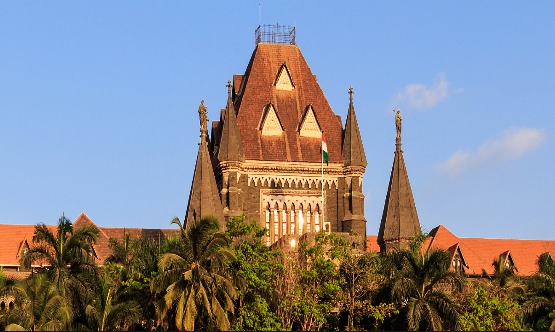
The Bombay High Court recently upheld judgments refusing a housing society in Mumbai’s affluent Malabar Hill area permission to change its bye-laws to limit membership in each group to 5% of the society’s overall membership.
A single bench of Judge Rajesh Patil dismissed Blue Haven Co-op. Housing Society Ltd.’s contention that restricting membership of each group at 5% will ensure that no single community has supremacy in the society.
“In my opinion, if the proposed amendment is approved, it will divide the society on community basis,” Justice Patil stated.
The judge noted that the building was not built on a community basis, and there had been no such bye-laws of mathematical division of 5% each community since its start.
“As a result, if the proposed amendment is accepted, and a member wants to sell his apartment, and the community to which he belongs already has 5% membership out of 100%, he would only be able to find a buyer inside his community. In such a case, the transaction is most likely a distress sale.Therefore, the proposed modification is not in the best interests of society,” Justice Patil noted.
According to the petition, the society was established in 1963 and since then has established its own bye-laws at the time of registration and then model bye-laws in 1989.
In 2008, the society suggested in a special general body meeting to change its bye-laws by imposing a 5% restriction on membership in each community.
The society planned that the membership of each community not exceed 5% of the overall membership of the society.
The proposed revisions were denied by the Deputy Registrar, Co-operative Societies “D” Ward, Bombay, in a judgment dated November 17, 2008.
On April 30, 2011, the Divisional Joint Registrar, Co-operative Societies, Division, Mumbai upheld the same.
The society then filed the current petition before the High Court.
“The goal of changing the bye-laws is to ensure that no specific community has dominance in the society,” Justice Patil stated.
Nevertheless, the judge ruled that the proposed changes violated Section 22(1) of the Maharashtra Co-operative Societies Act, which establishes the requirements for membership in the society.
“By proposing an amendment to the Bye-laws, the society seeks to defeat the section itself, as it seeks to insert a condition under which a person who is otherwise qualified under section 22 (1) to be a member cannot become a member if the proposed amendment to the Bye-laws is allowed,” the bench reasoned.
As a result, the plea was dismissed.




